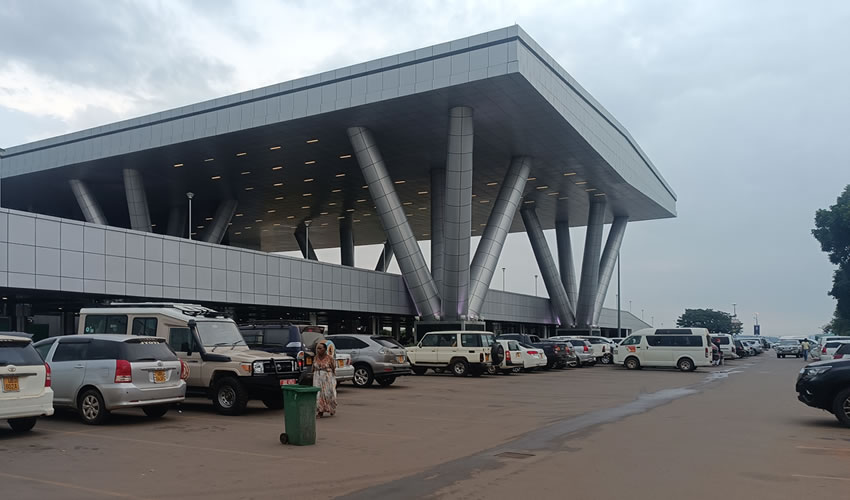By: Hason Mutunzi Bwambale
A recent viral video on social media has shed light on a critical issue plaguing Kampala City: improper disposal of waste. The video depicted two men carelessly throwing garbage into a drainage channel, highlighting the need for urgent action to address waste management in the city. This article aims to emphasize the importance of proper waste disposal and explore solutions to ensure a cleaner and healthier environment for all residents of Kampala City.
Improper disposal of waste poses significant risks to both the environment and human health. When waste is dumped in drainage channels or water bodies, it obstructs natural water flow and leads to flooding during the rainy season. Additionally, the accumulation of waste attracts pests and vermin, which can spread diseases and contaminate water sources. The environmental impact of such practices is detrimental, contributing to pollution and degradation of ecosystems.
Several factors contribute to the poor waste management practices in Kampala City. The rapid population growth, insufficient waste collection services, and inadequate infrastructure for waste treatment and recycling pose significant challenges. Moreover, a lack of awareness and education about the importance of responsible waste disposal among residents exacerbates the problem.
Addressing the Issue
1. Strengthening Waste Collection and Disposal Systems: The local government should invest in a robust waste collection system, including an increased number of collection points and regular garbage collection schedules. This will encourage residents to dispose of their waste appropriately and discourage illegal dumping practices.
2. Public Awareness and Education: Launching public awareness campaigns is crucial for educating residents about the proper methods of waste disposal. Holding seminars, workshops, and school programs can create an environment of collective responsibility and foster a culture of waste reduction, segregation, recycling, and composting.
3. Infrastructure Development: The local government should prioritize the development of waste treatment facilities, recycling centers, and composting plants. This would provide alternative solutions for waste disposal, minimize the quantity of waste sent to landfills, and promote sustainability.
4. Enforcement of Regulations: Stricter enforcement of existing waste management regulations is essential to deter illegal dumping and improper waste disposal practices. Imposing fines and penalties on offenders will serve as a deterrent and ensure accountability.
5. Community Engagement: Encouraging community participation through neighborhood clean-up initiatives and waste management committees can empower residents to take ownership of their environment. Involving local communities in decision-making processes and seeking their input on waste management strategies will foster a sense of responsibility and promote sustainable waste practices.
The recent viral video depicting two men poorly disposing of garbage in a drainage channel serves as a stark reminder of the pressing need to address waste management in Kampala City. It is crucial for the local government, residents, and stakeholders to work together in implementing comprehensive waste management strategies. By strengthening waste collection systems, raising public awareness, developing infrastructure, enforcing regulations, and fostering community engagement, Kampala City can overcome its waste management challenges and create a cleaner, healthier, and more sustainable environment for everyone.








Comments